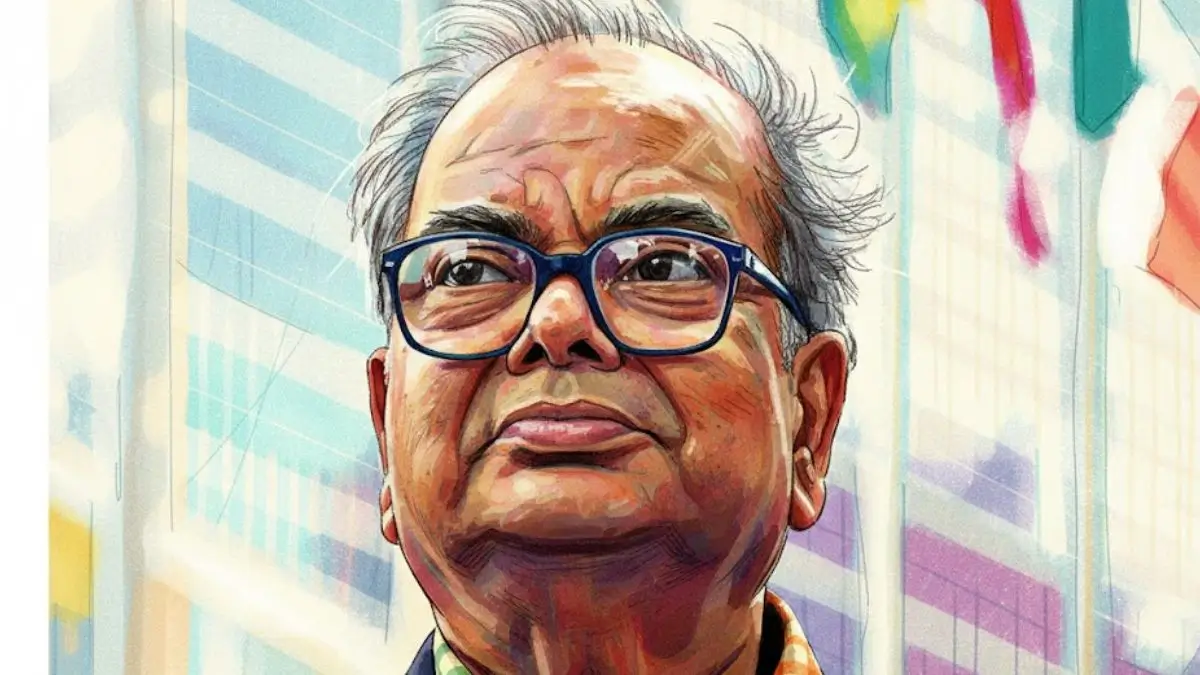Vikram Dev Dutt Takes Charge as Coal Secretary
Introduction to the New Appointment
Vikram Dev Dutt has recently assumed the role of Secretary in the Ministry of Coal. This significant appointment is part of the Indian government’s efforts to streamline the coal sector, enhance production, and improve the overall functioning of the ministry. With his extensive experience in various administrative roles, Dutt is expected to bring a fresh perspective and strategic vision to the coal industry.
Professional Background of Vikram Dev Dutt
Before taking charge as Coal Secretary, Vikram Dev Dutt held several key positions within the government. His previous role as the Director-General of the Directorate General of Civil Aviation (DGCA) showcased his leadership capabilities in the aviation sector. Dutt’s career spans over three decades, during which he has gained invaluable insights into public administration and governance. His expertise will be crucial in addressing the challenges faced by the coal sector, particularly in enhancing production capacities and ensuring environmental sustainability.
The Significance of the Coal Sector
The coal sector plays a pivotal role in India’s energy landscape, contributing significantly to electricity generation. As the country transitions towards cleaner energy sources, Dutt’s appointment comes at a critical juncture. He will be tasked with balancing the demand for coal with the need for sustainable practices. This involves promoting initiatives like coal gasification and clean coal technologies, which align with India’s commitment to reducing carbon emissions.
Future Directions under Dutt’s Leadership
Vikram Dev Dutt’s leadership is anticipated to focus on several key areas. Firstly, he aims to enhance coal production through the adoption of advanced mining technologies. Secondly, Dutt intends to improve coal supply chains to ensure efficient distribution. Thirdly, he is expected to strengthen collaborations between public and private sectors to boost investment in the coal industry. These initiatives are crucial for India to achieve its energy security goals and ensure sustainable economic growth.

Why This News is Important
Strategic Leadership in the Coal Sector
The appointment of Vikram Dev Dutt as the Coal Secretary is a strategic move by the Indian government, given the current challenges in the coal industry. Dutt’s leadership is expected to play a crucial role in navigating the sector through its transition towards more sustainable practices while ensuring adequate coal supply for the growing energy needs of the country.
Environmental Considerations and Policy Making
As India commits to reducing its carbon footprint, Dutt’s role will involve implementing policies that promote environmental sustainability. This includes adopting cleaner technologies in coal mining and consumption, which is essential for the country’s long-term ecological goals.
Enhancing Energy Security
With the coal sector being a major contributor to India’s energy security, Dutt’s expertise will be vital in ensuring that the country meets its energy demands. His focus on improving production and efficiency in the coal sector will be instrumental in achieving energy independence, which is a key objective for the Indian government.
Economic Growth and Job Creation
The coal industry is a significant contributor to the Indian economy, providing jobs to millions. Under Dutt’s leadership, the government aims to enhance investment in the sector, which can lead to job creation and economic growth. This is particularly important in the context of the current global economic challenges.
Commitment to Public Service
Dutt’s extensive experience in public administration reflects the government’s commitment to appointing capable leaders in critical positions. His appointment signals the importance of effective governance in the coal sector, ensuring that the policies implemented are in the best interest of the nation.
Historical Context
Evolution of the Coal Sector in India
The coal sector in India has a rich history, dating back to the early 19th century. Initially dominated by private players, the sector saw significant nationalization in the 1970s, leading to the establishment of Coal India Limited (CIL) in 1975. This move aimed to ensure adequate coal supply for the country’s energy needs. Over the years, the sector has faced numerous challenges, including environmental concerns, illegal mining, and the need for technological advancements.
Recent Developments in Coal Policy
In recent years, the Indian government has undertaken various reforms to boost the coal sector. The National Coal Policy of 2018 aimed to increase domestic coal production and reduce dependence on imports. Additionally, the government has encouraged private investments and foreign collaborations in coal mining. These developments have paved the way for a more competitive and sustainable coal industry, which Dutt will now oversee.
Key Takeaways from “Vikram Dev Dutt Takes Charge as Coal Secretary”
| S.No | Key Takeaway |
|---|---|
| 1 | Vikram Dev Dutt has been appointed as the Coal Secretary. |
| 2 | He previously served as the Director-General of the DGCA. |
| 3 | Dutt aims to enhance coal production and improve supply chains. |
| 4 | His leadership will focus on balancing coal demand with environmental sustainability. |
| 5 | The coal sector is crucial for India’s energy security and economic growth. |
Important FAQs for Students from this News
1. Who is Vikram Dev Dutt?
Vikram Dev Dutt is the newly appointed Secretary in the Ministry of Coal in India. He has a rich background in public administration and previously served as the Director-General of the Directorate General of Civil Aviation (DGCA).
2. What are the key responsibilities of the Coal Secretary?
The Coal Secretary is responsible for overseeing coal production, implementing policies related to the coal sector, ensuring sustainable practices, and improving supply chains to meet India’s energy demands.
3. Why is the coal sector important for India?
The coal sector is critical for India as it contributes significantly to electricity generation and energy security, providing a substantial portion of the country’s energy needs while also supporting economic growth and job creation.
4. What are some challenges faced by the coal sector?
The coal sector faces several challenges, including environmental concerns, the need for technological advancements, illegal mining, and balancing coal production with sustainability goals.
5. What initiatives is the government taking to modernize the coal industry?
The government is promoting the adoption of cleaner technologies, encouraging private investments, and implementing policies to enhance coal production and efficiency in the sector.
Some Important Current Affairs Links

















